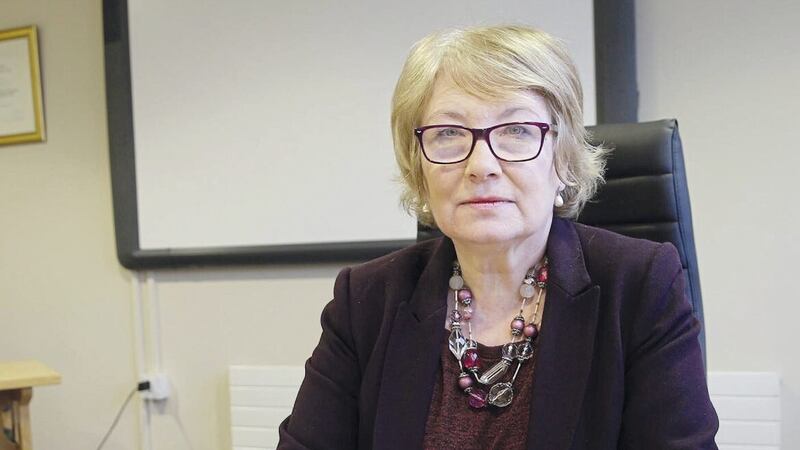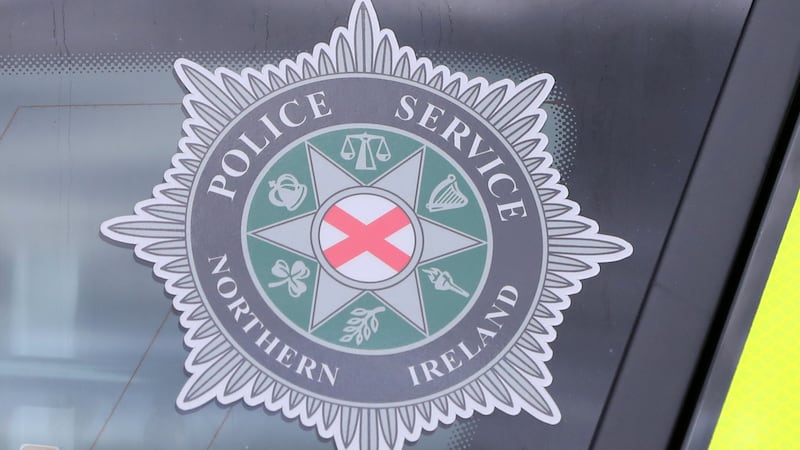THE Police Ombudsman has found that complaints made about the failure of police to investigate allegations of sexual abuse at a Belfast boy's home were " legitimate and justified".
The ombudsman received seven complaints on behalf of former residents of Kincora about the failures of police to investigate complaints of sexual abuse.
Based on the available evidence and other information, Marie Anderson yesterday found that former police officers had "failed in their duty to the victims of Kincora because they did not act on the information provided to them during the 1973-1976 period".
Mrs Anderson's office also identified "systemic failings which prevented police from being aware of complaints of sexual abuse at Kincora Boys’ Home which had been made to the Belfast Welfare Authority and the former Eastern Health and Social Services Board (EHSSB)".
"The boys who were sent to Kincora were vulnerable children. They were placed in the care of the state where they ought to have been safe and protected," she said.
"The evidence identified by my investigation and previous reviews and inquiries demonstrates that this was not the case.
"When boys complained about the abuse they experienced there is evidence that their accounts were ignored or not taken seriously or were not adequately investigated by the Belfast Welfare Authority or the EHSSB. Complaints were not referred to the police.
"I have identified systemic failings and a convoluted complaints system which resulted in police not being aware of all instances of sexual abuse at Kincora Boys’ Home. However, I have also identified occasions when police officers did not act appropriately on the information that had been provided to them and intelligence they had received.
Mrs Anderson added: "Nothing can undo the trauma caused by the sexual abuse experienced by these boys but I hope that this independent investigation into the conduct of former police officers can bring some measure of resolution to the victims and their families".
At least 29 boys were abused at the home from the 1950s to the 1980s.
In April 1980, police arrested William McGrath, Joseph Mains, and Raymond Semple, all members of staff at Kincora. They were jailed for offences in December 1981. They have all died since.
Solicitor Kevin Winters, from KRW Law, said the findings mean Kincora will "forever remain a byword for abuse cover up".
"Had there been any meaningful steps taken when the first complaints were raised in 1973/4 then dozens of other victims would have been saved from future depravity," he said.
"The report helps pave the way for resolution of high court civil proceedings for damages for their suffering however the victims still come away with a real sense of injustice because other perpetrators and those who protected them were able to get away with their crimes."
Fiona Ryan, Commissioner for Survivors of Institutional Childhood Abuse, said: "Survivors are owed an assurance that historic child abuse, institutional and other, is taken seriously and engaged with appropriately by all relevant authorities".
Chief Superintendent Anthony McNally, head of PSNI Public Protection Branch, said the police apologise to the victims for the failings identified by the ombudsman.
"The Police Service of Northern Ireland fully accepts the findings of the Police Ombudsman and notes there are no recommendations for us," he said.
"Police process of investigation into child sexual abuse in the 1970s and 1980s was radically different to that of today. The systems and procedures we have in place today are very much based on a multi-agency approach, allowing all safeguarding agencies to effectively share vital information and promptly work to put protective measures in place for victims and potential victims.
"Sexual offences carried out against anyone in the past can still be, and will be, robustly investigated and where appropriate a prosecution pursued."






